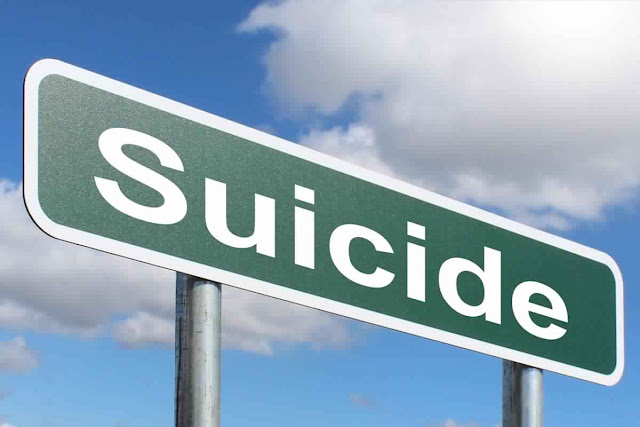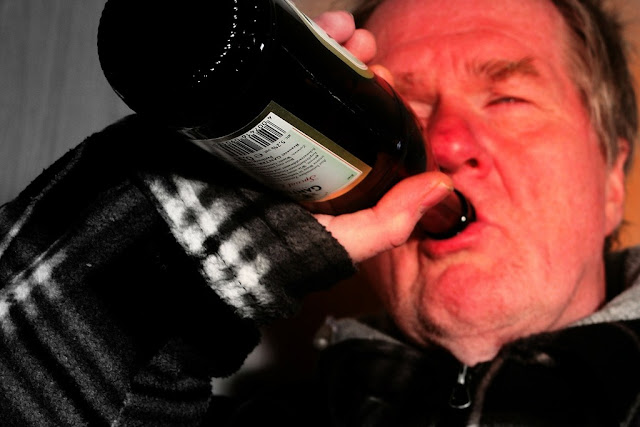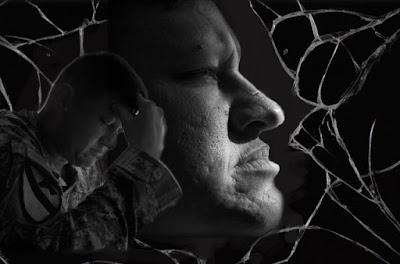Health - Mental Health
10 Types of Depression – Holistic Meaning
10 Types of Depression – Holistic Meaning
 |
| Types of Depression |
Chronic Depression
Chronic depression, or as it is often referred to Dysthymia, is a form of depression that is not as severe and disabling as severe depression but can still affect the patient for periods up to two years or longer. People affected with chronic depression are usually able to cope with day to day living but […]
Clinical Depression
Although most people believe that depression is just sadness there is a lot more to it and it can be serious health becoming a major life issue if not properly diagnoses and treated. People with clinical depression often can not function normally and lack the ability or desire to find joy in people […]
Major Depression
The majority of the medical community agree that of the various forms of depressive disorders major depression should be classified as the most severe of them. The patients who are affected by major depression usually have more of the symptoms of depression and also more severe episodes of them. They are also more frequent […]
Postpartum Depression
Postpartum depression (PPD) what also known as postnatal depression and to mothers sometimes as the “baby blues” is considered by the medical profession as a form of clinical depression following childbirth. This form of depression is fairly common with 5 to 9 per cent of woman who gives birth are affected by it. […]
Depression Disorder
Depression Disorder is often interchanged with Depressive Disorder and Major Depression. Depression Disorder is a mood disorder. Individuals affected by Major Depression Disorder must have uninterrupted symptoms for a period of at least two weeks. Basically, these individuals are depressed, they do not see any joy or excitement in life. […]
Sexual Depression
Sexual problems can occur in people who are already diagnosed with depression thus adding to the already depressed state of the individual. In men the sexual depression symptoms can take the form of erectile dysfunction, while in a woman it can be the inability to have an orgasm or sexual desire, and for both […]
Stress and anxiety
Stress and anxiety do not necessarily mean the same thing. Stress can be associated with a feeling of frustration, anger, and anxiety; it could be the stress of having a heavy workload, or the need to meet a deadline and more. What is stressful for one person may not have to be stressful […]
Bipolar Depression
Bipolar Depression is a depression that must include at least one episode of mania. Mania and depression are polar opposites on the range of human moods, which is why they are called bipolar. Most people who have this condition do have more than one episode of mania. On average, a person may experience […]
Alcohol and Drugs
Depression is a common complaint about individuals seeking medical attention in the USA. Over 25 million Americans go to a doctor’s office for antidepressants as the treatment of depression. Depression affects people of all ages and depression can lead to some very serious consequences. About 13 per cent of senior citizens have some kind of […]
Suicide
Thoughts of suicide are common among depressed people. Though it does not mean that every depressed person will have suicide ideation or worst still attempt suicide, it does put people suffering from depression at a higher risk for suicide than the general population. Usually, sufferers of major depression will not have the energy […]
Read Also: 9 Types of Depression and How to Recognize Them Major depression
Types of Depression : Suicide Girls or Suicide Boys
Types of Depression: Suicide Girls or Suicide Boys
 |
| Suicide |
Types of Depression: Suicide Girls or Suicide Boys
Suicide Methods
Suicide Risk Factors
 |
| Suicide |
Type of Depression : Alcohol & Drugs
Type of Depression: Alcohol & Drugs
 |
| Alcohol & Drugs |
 |
| Alcohol Depression |
What alcohol does to the body is that it will suppress the natural stress hormones leaving an individual feeling worse than he or she did before consuming this drug. Alcohol suppresses the nervous system as well as the brain, thus disrupting the normal balance of neurotransmitters responsible for healthy moods or emotions. Studies have shown that even a moderate drinker, consuming only one alcohol beverage a day will score higher on the standard depression inventories if he or she stops drinking for a period of three months prior to taking the questionnaire.
Types of Depression : Bipolar Depression Test
Types of Depression: Bipolar Depression Test
 |
| Bipolar Depression |
Bipolar Depression is a depression that must include at least one episode of mania. Mania and depression are polar opposites on the range of human moods, which is why they are called bipolar. Most people who have this condition do have more than one episode of mania. On average, a person may experience four episodes of mania in ten years, all of which are never treated. Sufferers of Bipolar Disorder test will have different patterns of severe mood swings from depression to mania and back again, but when that the pattern is identified, it is usually consistent
The onset of Bipolar disorder test usually begins in the teenage years or early adulthood. Unfortunately, it is not often recognized as a mental illness and is left untreated. Adults continue to have the illness and struggle through life, often time losing jobs, relationships, friends, and social life along the way. Over two million people in the USA are said to have this very severe manic-depressive disorder. As a matter of fact, the manic-depressive disorder was the former name for the illness. Just as it is difficult for the bipolar individual to cope with this severe depression or manic episodes, it is just as hard for the family to deal with the changing moods as well. When sufferers are in the manic stage their behavior can be pretty bizarre, even crippling to the family by doing such things as going on extravagant shopping sprees and maxing out all the credit cards in a short period of time. At present, scientists know that bipolar disorder runs in families but they have yet to isolate the gene associated with this debilitating disease.
The mood swings associated with this disease don’t have to jump from depression to mania and back in a sharp mood swing. There is a range of emotion from hypomania to extreme mania and from mild depression to moderate depression and then to severe depression.
Bipolar depression has all the characteristics of depression whereby sufferers feel sad, empty, or anxious. They feel helpless, hopeless worthless, or even guilty for feeling this way. Thoughts are of the pessimistic variety and so sufferers think the worse of every event. People with bipolar depression can be irritable and restless, lose their appetite or increase their appetite, and sleep too much or too little. Their energy is low and they may experience loss of memory and lack concentration. Sufferers of bipolar depression will lose interest in their regular activities. While in the mania stage, persons suffering from a bipolar disorder test will become irrational and hard to deal with. Many marriages have broken up due to the effects of the disorder upon the sufferer and his or her family.
Bipolar disorder is often misdiagnosed, being mistaken for ADHD, drug, and alcohol abuse-related depression and more. Fortunately, there is treatment available for bipolar depression and mania. Counseling will help the sufferer with coping skills, education, therapy, and support. Several medications are used to treat the condition. The most commonly used is lithium, which is effective in treating both the mania and the depression. Newer medications for anticonvulsants such as carbamazepine are used. Though there is treatment available there is no mania or depression cure. Sufferers of bipolar disorder will have to remain on treatment and follow up with therapy for best results, for their entire lifetime.

